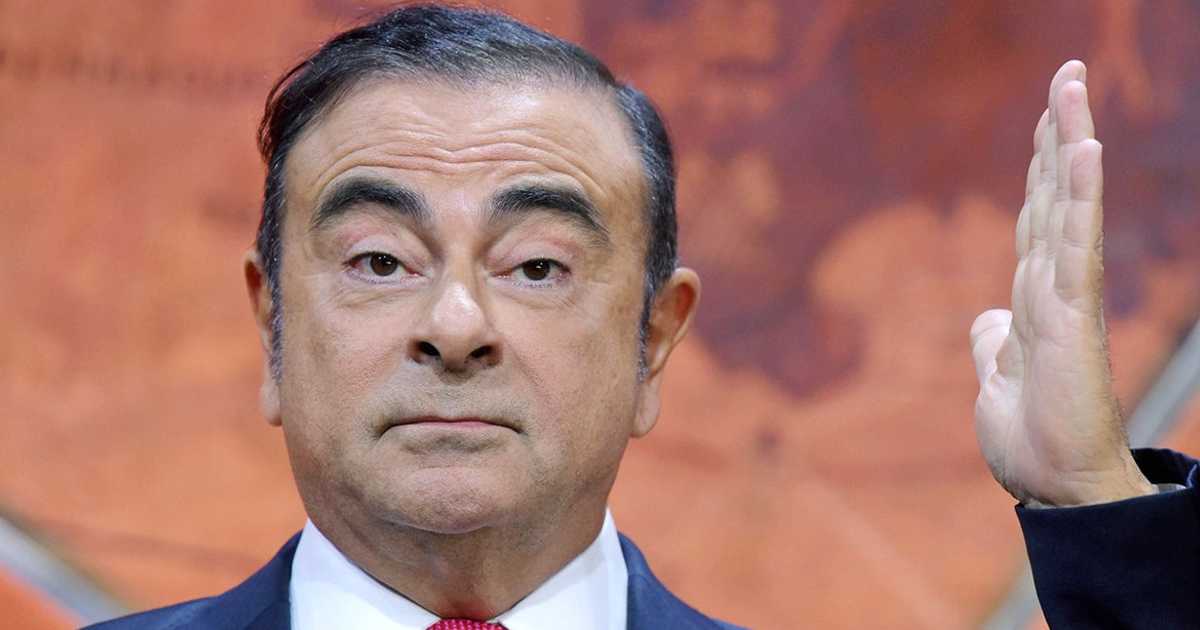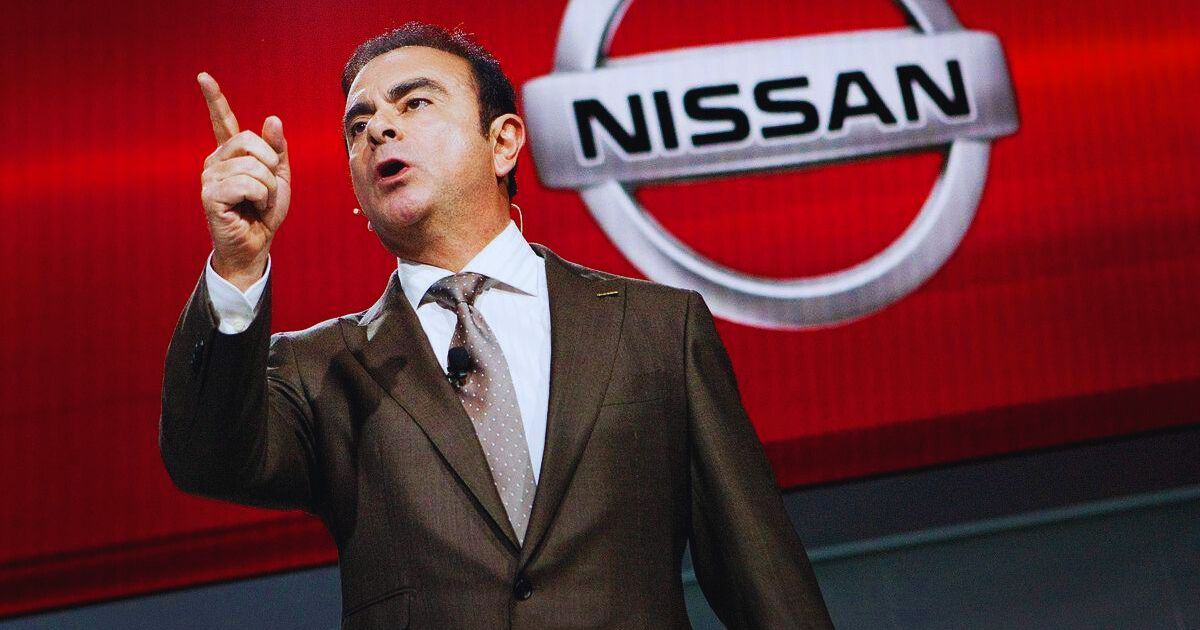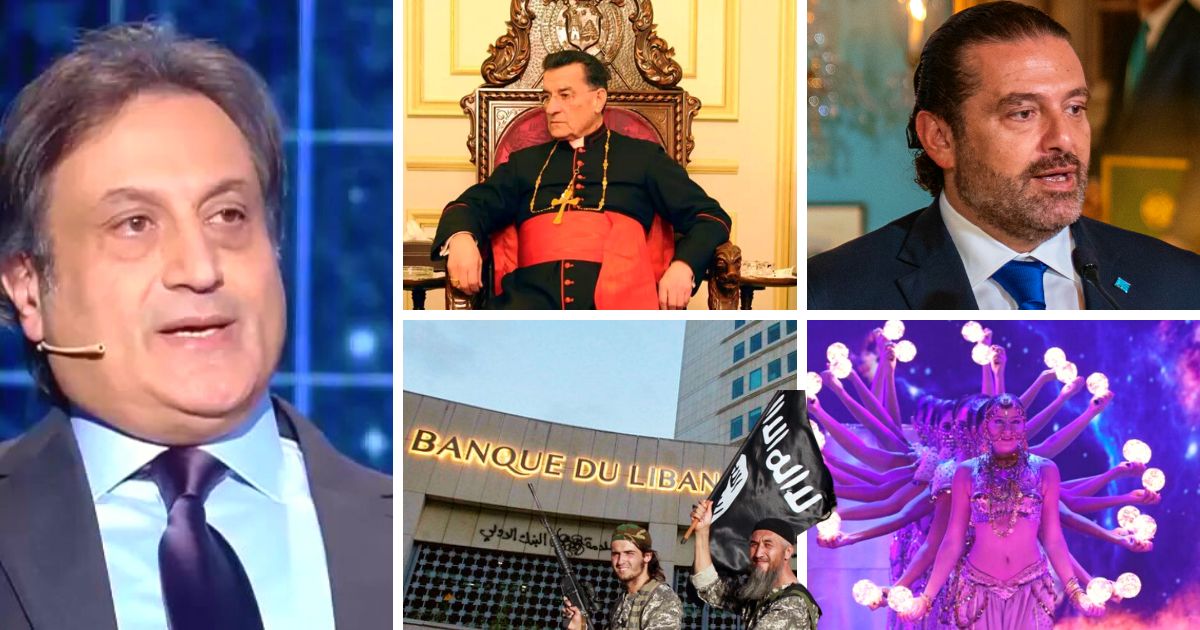Carlos Ghosn’s lawyers have faced off with Nissan Motor Co. in an Amsterdam court in The Netherlands, for the first time since Ghosn’s Hollywoodian escape plot through a private jet from Tokyo last year.
Ghosn, who has been in Beirut since December 2019, launched a counter-suit against his former employer for 15 million Euros as part of a Dutch wrongful dismissal lawsuit.
At the initial hearing on Monday, February 10th, his lawyers requested the court grant them access to documents related to a March 2019 report on internal governance.
That report is believed to have led to Ghosn’s dismissal by Nissan’s Dutch unit and by the joint venture Nissan-Mitsubishi BV.
The former CEO, who was facing two trials on charges of financial misconduct in Japan, infamously skipped bail and fled the country to Lebanon through Turkey in December 2019.
With the help of security detail, Ghosn’s escape was nothing short of a miracle. He has since accused executives at Nissan of plotting with prosecutors in Japan to have him unjustly arrested, and has insisted the Japanese legal system is unjust.
Ghosn’s lawyers insisted that they needed the aforementioned documents because they were used to write the report which was the basis for his ouster from top leadership roles at Nissan, France’s Renault SA, and Mitsubishi Motors Corp.
They insist that the allegations of unknown or unjust payments were unfounded and that these documents are important for the case they are making in his wrongful dismissal lawsuit.
They are seeking to overturn his dismissal from the Amsterdam-based alliance between automakers Nissan and Mitsubishi, and 15 million euros ($16.5 million) in compensation.
Ghosn’s lawyer Roeland de Mol stated: “He needs to know how and why Nissan came to the conclusion that there was no confidence in him anymore.”
Ghosn’s case is being tried in front of a three-judge panel in the absence of Ghosn who has not left Lebanon since his escape.
He is deemed quite “safe” here, mainly due to the fact that Japan and Lebanon lack the international mechanisms and agreements which require the Lebanese government to turn him in.
Nissan’s lawyers stated that Ghosn’s dismissal was justified by many factors including his long-term detention in Japan as well as questionable tax payments by the Nissan-Mitsubishi joint venture.
On another note, Nissan’s lawyer Eelco Meerdink told the court: “Ghosn has started a media offensive in which he tries to portray himself as a victim and has announced a massive offensive of lawsuits with bravado.”
The court decided that it would rule on the document issues after several weeks of additional arguments and further evidence. A trial could be scheduled for later this year. There is no news yet about whether or not Ghosn is required to physically be present.

















